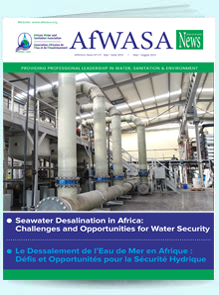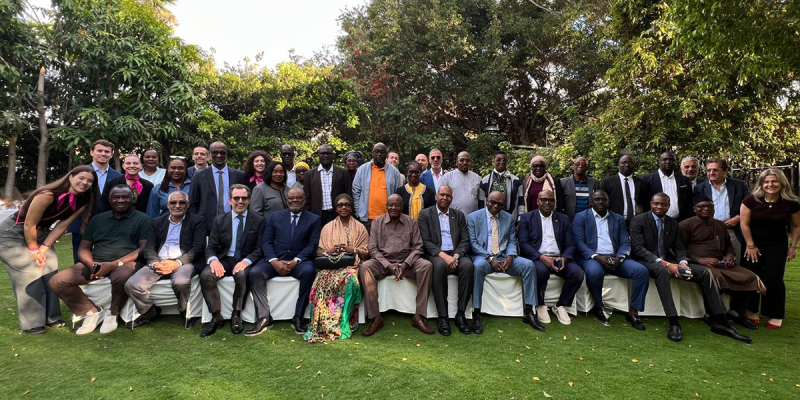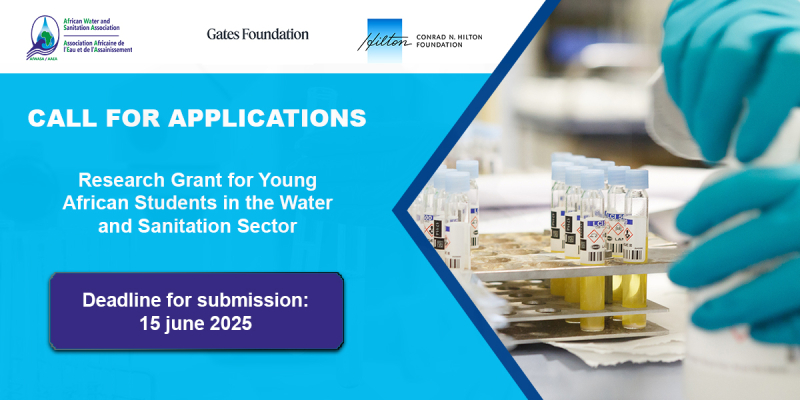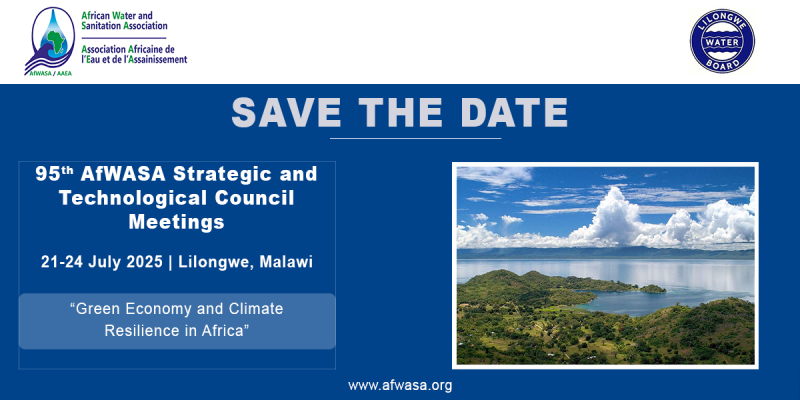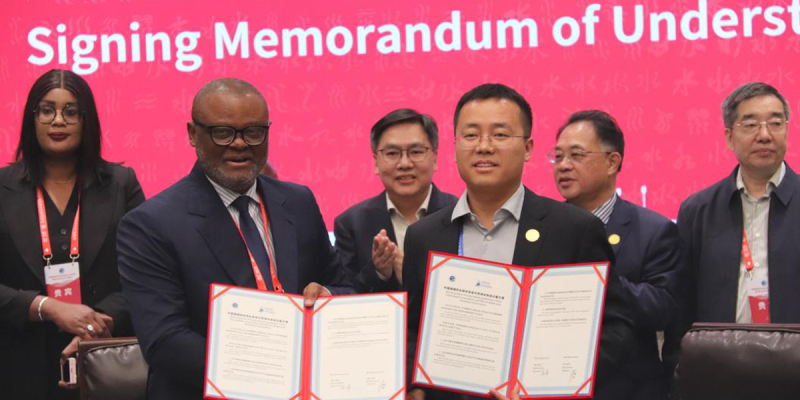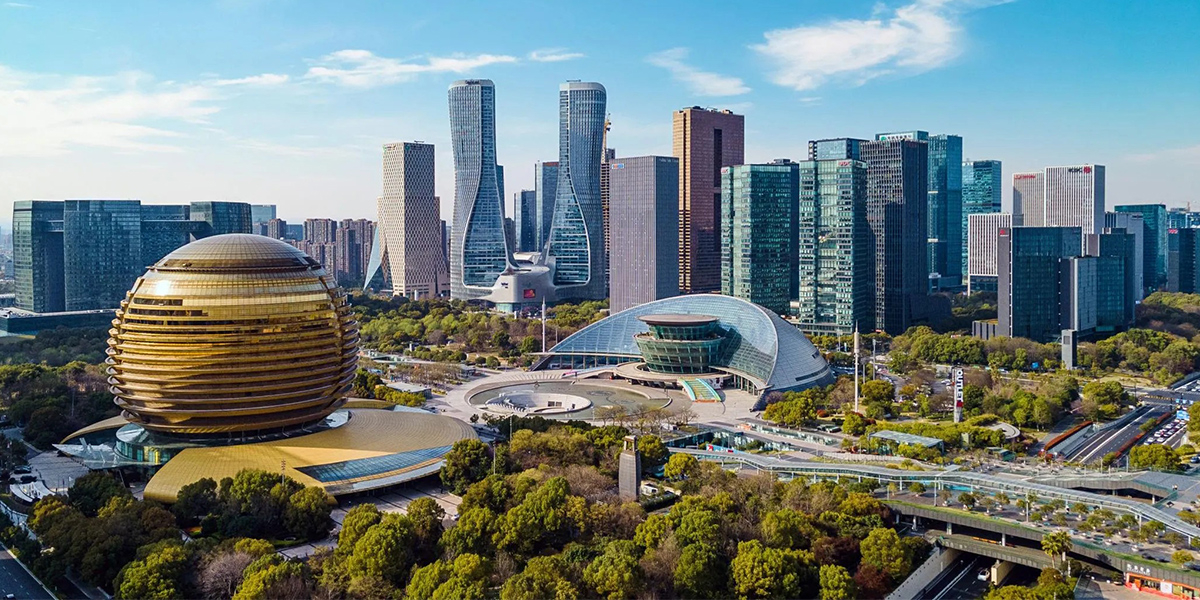Seawater Desalination in Africa: Seawater Desalination in Africa: Challenges and Opportunities for Water Security
Access to drinking water and sanitation is a fundamental human right, recalled in 2010 by United Nations resolution 64/292. Yet today, nearly 40% of the world’s population still lacks access to safe drinking water. According to the UN, by 2030, a quarter of Africa’s population will be living in water-stressed areas. Access to drinking water and sanitation is a fundamental human right, recalled in 2010 by United Nations resolution 64/292. Yet today, nearly 40% of the world’s population still lacks access to safe drinking water. According to the UN, by 2030, a quarter of Africa’s population will be living in water-stressed areas. To address this, many countries have turned to unconventional water resources such as seawater. Abundant and accessible saline waters cover 75% of the planet. In Africa, the coastal population is around 20%, but this figure varies considerably, from over 70% in some North African countries to less than 10% in East Africa.Desalination is a process by which brackish or salt water is extracted from the sea and transformed by two main technologies, namely reverse osmosis or distillation into fresh water. This technique has the potential to increase the resilience of drinking water systems by producing abundant fresh water suitable for all uses, irrespective of climatic and hydrological conditions.Although a potential solution to water shortages in water-stressed areas, desalination remains a complex, costly, energy-intensive process, destructive to the environment and marine biodiversity. It requires careful consideration of factors such as commercial viability, economic ecosystem and institutional capacity, to ensure its success. By comparison, energy consumption for surface water potabilization (0.02 Kwh/m3) is 2.5 to 100 times lower than that of reverse osmosis desalination.Despite this, desalination is a promising opportunity to alleviate Africa’s water crisis. This choice calls for boldness and a major investment in research, technology and international collaboration. It could open a new chapter for the continent in its quest to guarantee every citizen the fundamental right to drinking water. As well as increasing the resilience of drinking water supply systems, seawater desalination could help to ease the acute tensions between the various users of water resources. Added to this are the prospects for the creation of new industrial sectors and value chains, new trades and innovations, and hitherto unsuspected opportunities for economic growth and social stabilization.To achieve the Sustainable Development Goals in many African countries, it is essential to further explore the abundant and available resource of seawater. This option also requires the improvement of normative instruments (standards, norms, laws and regulations); as well as the adoption of best practices for both the authorization and sound implementation of desalination processes. We need to move towards greater cooperation and scientific research to reduce both operational costs and environmental impact. A concerted forward-looking approach is therefore essential for all countries with coastlines.
By Mr Blaise MOUSSA, Managing Director of D Cameroon Water Utilities Corporation (CAMWATER), Vice-president Central-Africa of AfWASA

 English
English  Français
Français 

